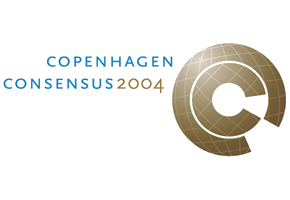Copenhagen Consensus: Communicable Disease Assessment, Mills
Assessment Paper
By Anne Mills and Sam Shillcutt
The working paper used by the Expert Panel is available for download here, the finalized paper has been published in Global Crises, Global Solutions by Cambridge University Press.
Over the second half of the twentieth century, the world has seen enormous health improvements. However, developing countries have benefited unequally from health gains, with many, especially in sub-Saharan Africa, continuing to experience high mortality.
Children bear a major burden of ill health, with infectious and parasitic diseases the main killers. Adults experience substantial premature mortality. Within countries, poorer groups have considerably worse health than the better off. Analysis of avoidable mortality highlights the importance of communicable disease, which represents around 90% of all avoidable mortality in almost all age/sex groups. The benefits of research mean that tools and approaches now exist to address the great majority of the burden of communicable disease, most notably malaria, TB, and HIV/AIDS, as well as vaccine preventable diseases. However, large numbers of people do not have effective access to prevention and treatment, and as a result die.
This challenge paper focuses on three opportunities:
- Malaria control
- HIV/AIDS control
- Strengthening basic health services.
This categorisation has been chosen largely because malaria and HIV/AIDS are major causes of disease burden and economic losses; cost-effective interventions are known to exist for their control; there is recent literature which can be drawn on to estimate costs and benefits; and these diseases are currently the focus of world attention. Basic health services have been chosen as the third opportunity since they address a major part of the disease burden, and represent explicitly the infrastructure that needs to be in place for people’s main health needs to be met.

